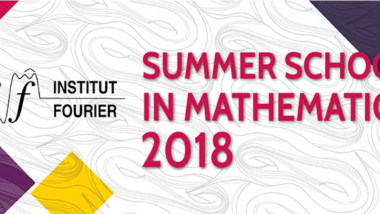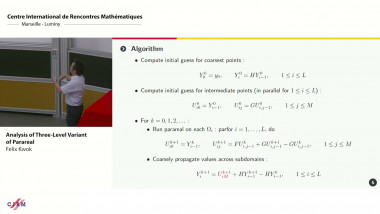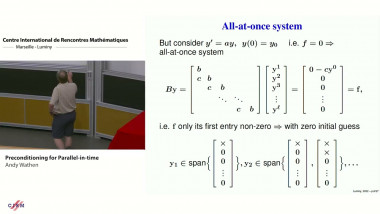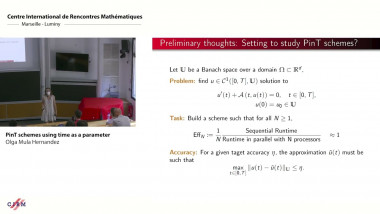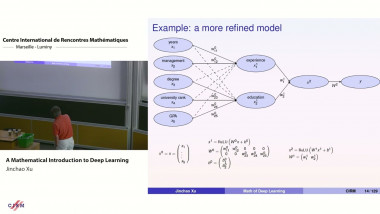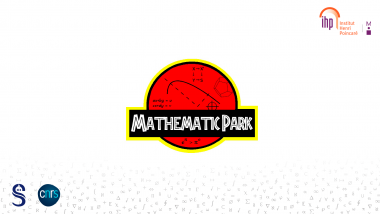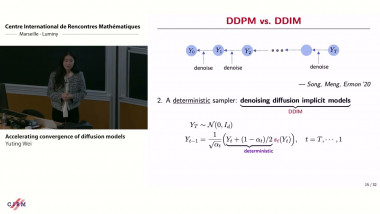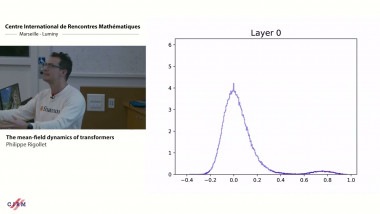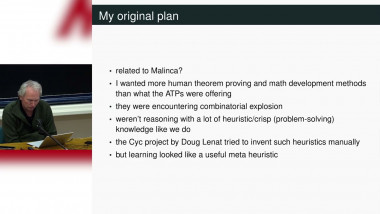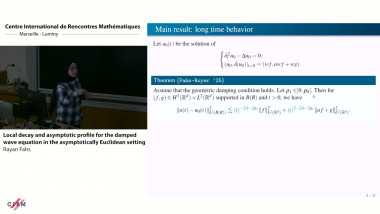Preconditioning for parallel-in-time
By Andy Wathen
This talk consists of two parts, one elementary and one related to the solution of complicated systems of evolutionary partial differential equations. In the first part we show how preconditioning for all-at-once descriptions of linear time-dependent differential equations can defeat the everpresent danger of high-index nilpotency associated with the principle of causality. In particular we will describe some theory for periodic preconditioning of initial value problems that establishes it as a viable Parallelin-time (PinT) approach. The second part builds on much excellent work on PinT methods for scalar parabolic PDEs such as the diffusion equation to propose PinT methods for more complicated evolutionary PDE systems. We will explain the idea with reference to the time-dependent incompressible Stokes and Navier-Stokes equations and indicate it's more broad applicability. This part of the talk is joint with Federico Danieli and Ben Southworth.

